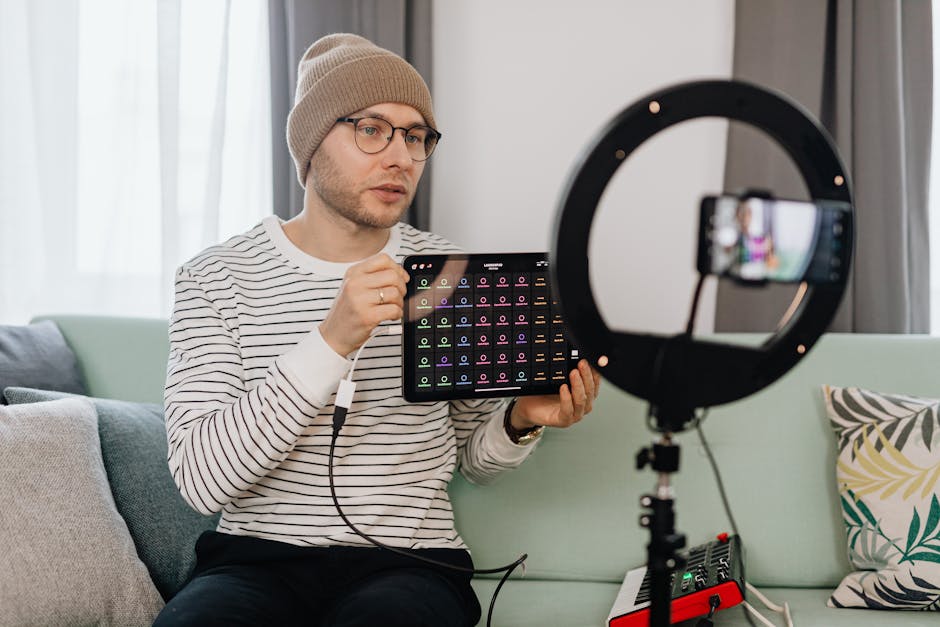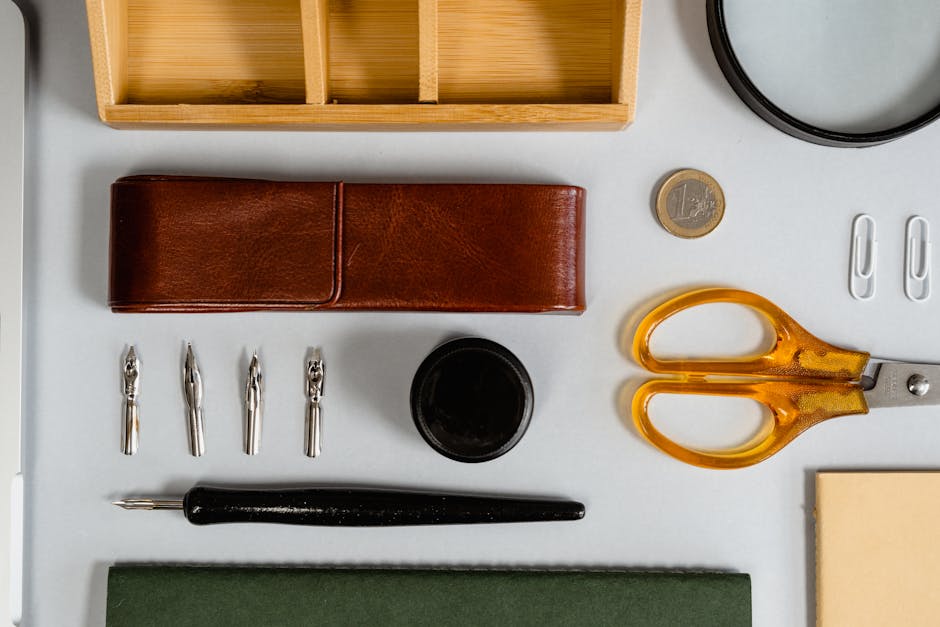Tips for Avoiding Enablers: How to Break Free from Toxic Relationships
Are you finding yourself in situations where you feel pressured to engage in harmful behaviors? Do you have people in your life who enable your destructive habits instead of helping you overcome them? If so, you may be dealing with enablers.
What are Enablers?

Enablers are individuals who support or tolerate unhealthy behaviors in others. They may provide excuses, cover up mistakes, or make it easier for someone to continue down a destructive path. While enablers may have good intentions, their actions can ultimately harm the person they are trying to help.
Imagine a friend who constantly bails you out of financial troubles without encouraging you to budget or save money. This friend is enabling your reckless spending habits instead of helping you address the root cause of the issue.
Dealing with enablers can be challenging, but it’s essential to recognize their behavior and take steps to break free from their influence. Here are some tips to help you avoid enablers and establish healthier relationships.
Recognizing Enabling Behavior

Enabling behavior can take many forms, and it’s essential to be able to identify it in your relationships. Some common signs of enabling include:
- Making excuses for someone’s harmful actions
- Ignoring or downplaying the consequences of their behavior
- Continuously bailing them out of difficult situations
- Enabling their substance abuse or addiction
For example, if a family member consistently covers for their sibling’s alcoholism by making excuses for their behavior or cleaning up after their messes, they are enabling their destructive habits.
Setting Boundaries

Establishing boundaries is crucial when dealing with enablers. It’s essential to communicate your needs and expectations clearly and assertively. Let the enabler know what behavior is unacceptable and how you expect to be treated.
For instance, if a friend keeps lending you money despite your promises to pay them back or make better financial decisions, it’s important to set a boundary by refusing their assistance and taking responsibility for your actions.
Seeking Support

Breaking free from enablers can be a challenging process, and it’s essential to have a support system in place. Surround yourself with people who empower you to make positive changes in your life and hold you accountable for your actions.
Consider joining a support group, seeking therapy, or confiding in a trusted friend or family member who can provide guidance and encouragement as you navigate your relationships with enablers.
Practicing Self-Care
Self-care is vital when dealing with enablers and toxic relationships. Take time to prioritize your well-being and engage in activities that bring you joy and fulfillment. Set boundaries to protect your mental and emotional health, and don’t be afraid to prioritize yourself over others’ demands.
Remember that self-care is not selfishit’s necessary for maintaining healthy boundaries and relationships. By taking care of yourself, you can better navigate challenging situations and break free from the cycle of enabling behavior.
Conclusion: Taking Control of Your Relationships
Dealing with enablers can be complicated, but it’s essential to recognize their behavior and take proactive steps to protect yourself from their influence. By setting boundaries, seeking support, and practicing self-care, you can establish healthier relationships and break free from toxic patterns.
Remember, you deserve to be surrounded by people who uplift and support you, not enable destructive behaviors. Take control of your relationships and prioritize your well-beingyou deserve it.




